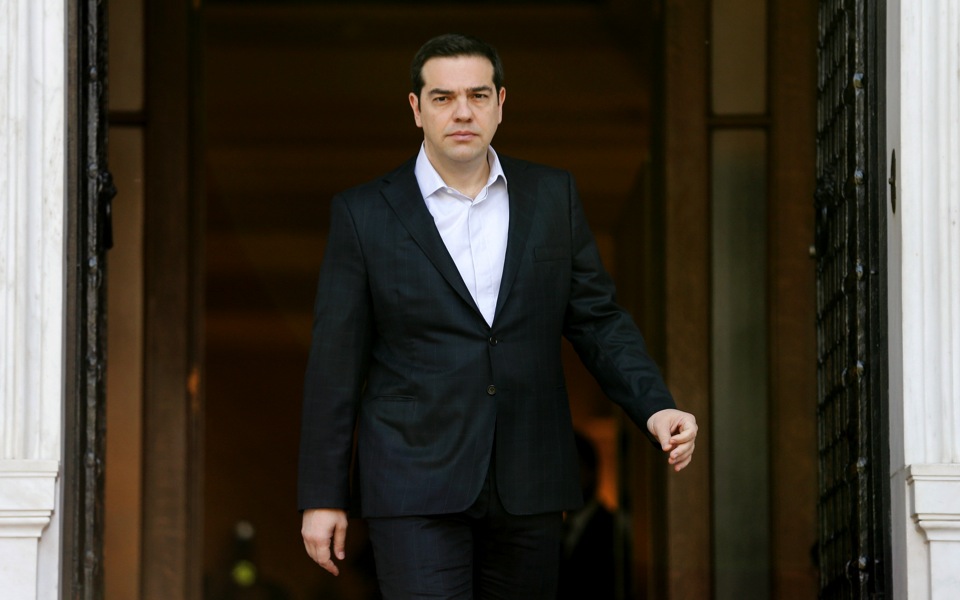Reshuffle headache

European Economic and Financial Affairs Commissioner Pierre Moscovici was the first to say it, albeit in tactful terms, followed more tersely by European Stability Mechanism chief Klaus Regling: Certain Greek ministers are dragging their feet and undermining the implementation of the bailout. They did not use those exact words, but there was no mistaking their meaning. After all, even the International Monetary Fund’s upbeat projections assume that the Greek government will fall in line with the terms of the deal.
The country’s lenders have reached the same conclusion as many Greek analysts and observers: that there are certain ministers, such as Panos Skourletis (Energy), Christos Spirtzis (Infrastructure) and Theodoros Dritsas (Shipping), who have openly expressed their opposition to privatizations and have no interest in attracting foreign investments. Their attacks on Stergios Pitsiorlas, the head of the TAIPED privatization fund, are no secret, nor are their efforts to block any effort to adjust to the terms of the memorandum that their own government signed.
The lenders have also realized that while Prime Minister Alexis Tsipras appears in favor of investments and privatizations and makes repeated calls for the need to speed up the implementation of reforms and the creation of jobs, he is doing absolutely nothing to bring his uncooperative ministers to order. He makes no effort to support Pitsiorlas when the latter comes under attack, he tolerates his ministers’ public opposition of his orders and talks about the collective decision-making process. In short, he is abdicating his responsibility as leader of his government.
The European officials spoke as unreservedly as they did because of all this, but also because they sense that a reshuffle is not too far away. It is obvious they would like to see those ministers removed from their posts, and possibly a few other officials from key ministries. Perhaps the prime minister is also thinking about making certain removals, such as Nikos Filis at the Education Ministry because of the controversy with the Church of Greece, or Nikos Toskas at the Citizens’ Protection Ministry for his inadequacy, possibly Nikos Paraskevopoulos because he cannot control the justice system to the degree the premier would like, or even State Minister Nikos Pappas for the turmoil he created over the TV license auction.
Either way, putting together a balanced government will be a challenge for Tsipras and a reshuffle is unlikely before the SYRIZA party congress on October 13-16 because he would come under serious fire at the gathering. In fact, how Tsipras fares at the congress will to a great extent determine both the scope and character of the reshuffle. Will he come out stronger or licking his wounds? Also, if he decides to move ahead with bold changes, where will he find the people to replace his existing ministers?



